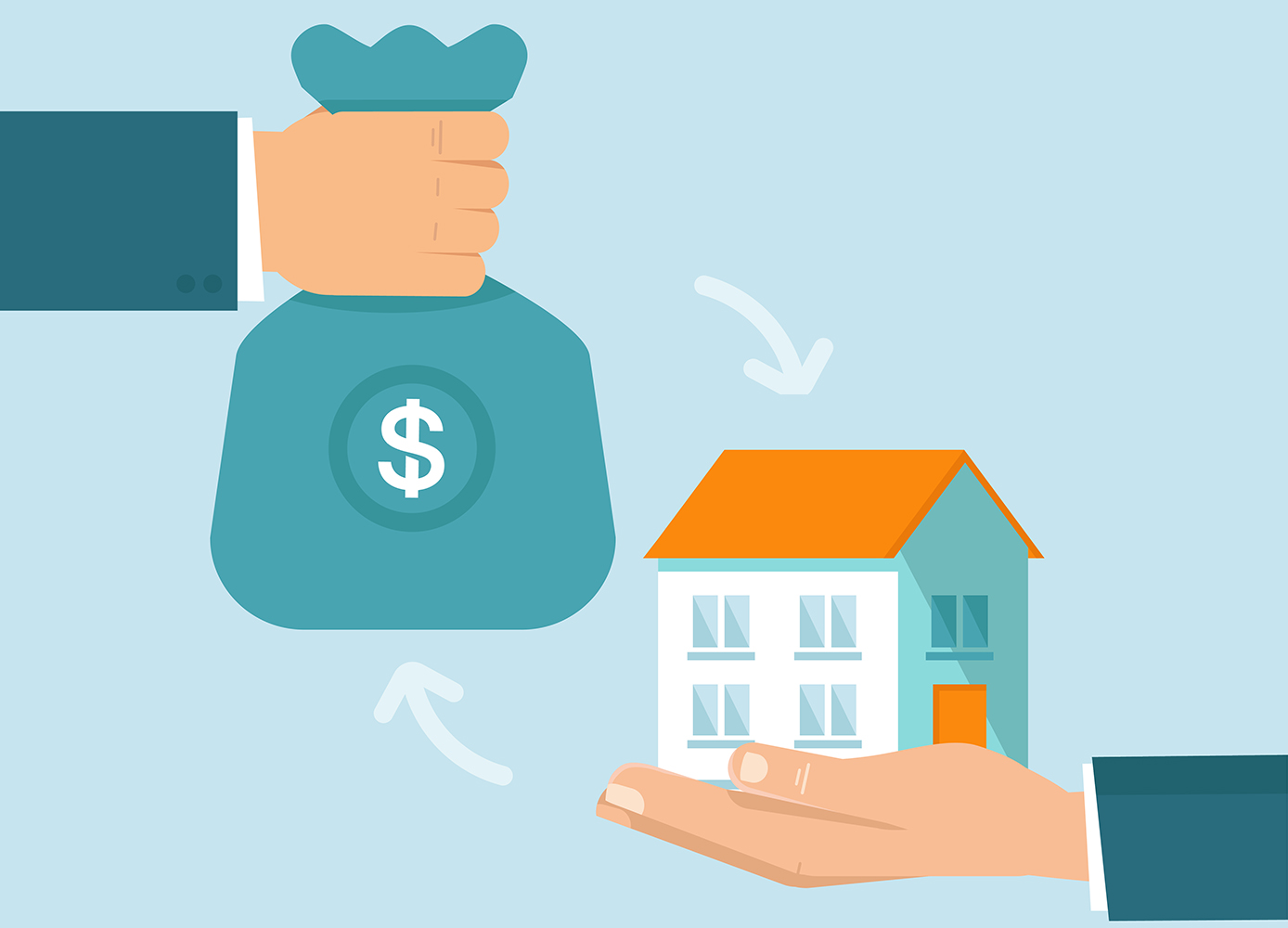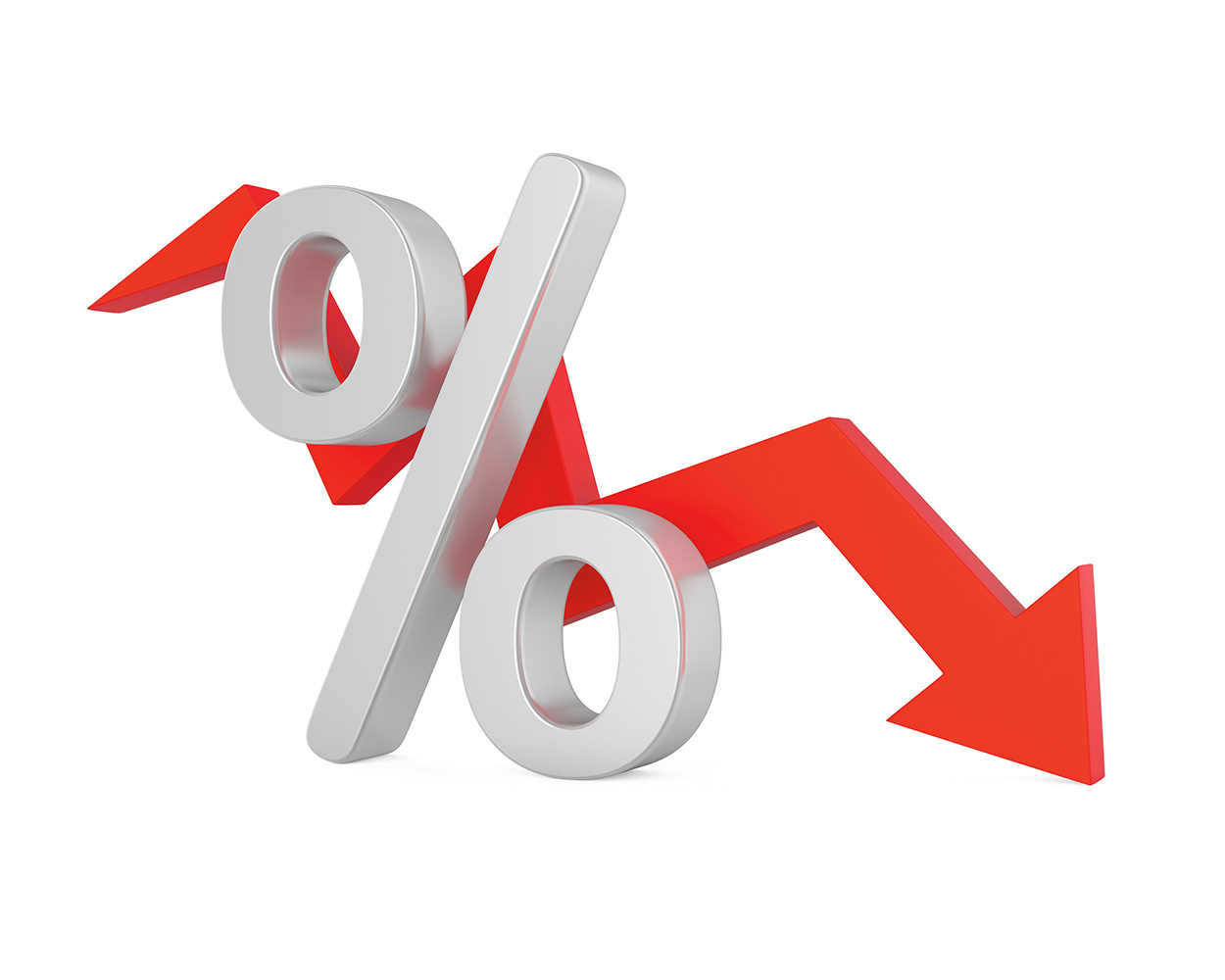Canadians owe almost $2 trillion in household debt
By Katrina Caruso
For the past three decades, Canadians have been steadily accumulating a large amount of household debt—almost three-quarters of it mortage debt. Speaking in Yellowknife earlier this month, Stephen Poloz, the Bank of Canada’s governor, revealed that the total is nearing $2 trillion.
During a press conference at the Yellowknife Chamber of Commerce, Poloz acknowledged that further rises in interest rates would likely create problems for Canadians, making it harder for them to make debt payments.
According to Equifax, consumer debt has risen 6% since last year, with 37% of Canadians adding to their debt load. Apart from mortgages, they owe an average of over $22,000.
A recent poll about consumer debt from MNP showed that 43% of Canadians say they’re feeling the effect of the rise in interest rates, with 51% concerned over their ability to repay their debts and 33% of respondents worrying that they may have to file for bankruptcy.
Despite this, Poloz was optimistic that Canadians would be able to guide themselves through this difficult time and find financial stability. “There is good reason to think that we can continue to manage these risks successfully,” he said during the press conference.
Since July 2017, Canadians have seen three increases in the interest rate. In March 2018, the rate rose to 1.25%, and the Bank of Canada is considering how to move forward with another hike. It is likely to be announced in July, although it may come sooner.
It’s the significant amount of debt that Canadians are carrying that’s keeping the central bank from raising the rate too quickly. Poloz pointed to the position the difficulty of finding the balance between slowing down the hikes, which may slow down the country’s economic growth, and raising the rate too much too quickly.
“The economic progress we have seen makes us more confident that higher interest rates will be warranted over time,” he said, “although some monetary policy accommodation will still be needed.”
Poloz’s speech in Yellowknife can be viewed here, and the transcript is available here.
Photo: iStock/venimo.






